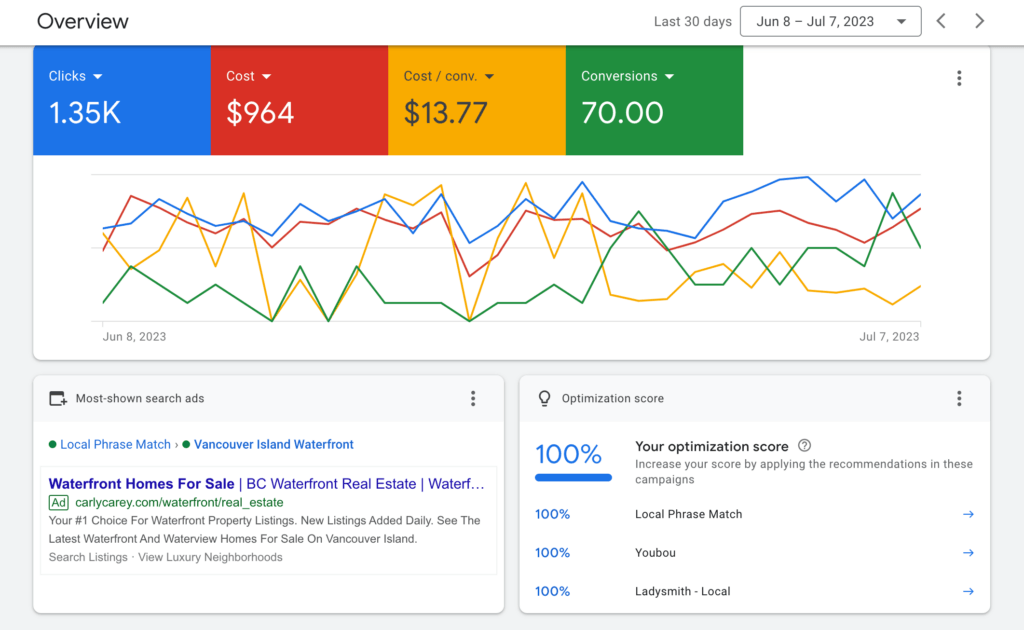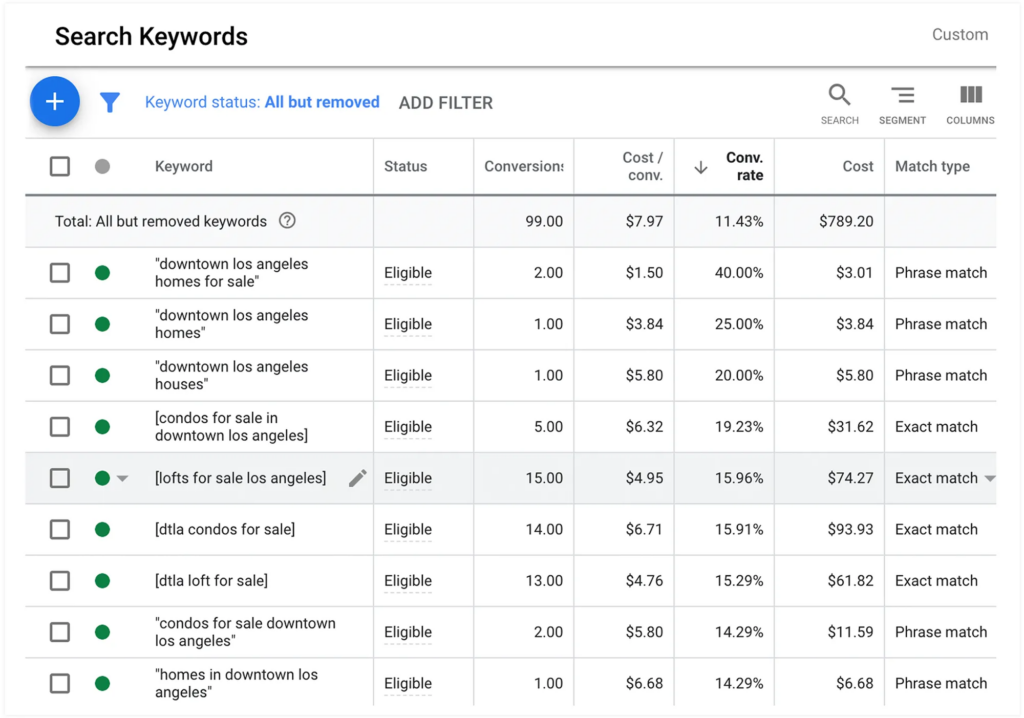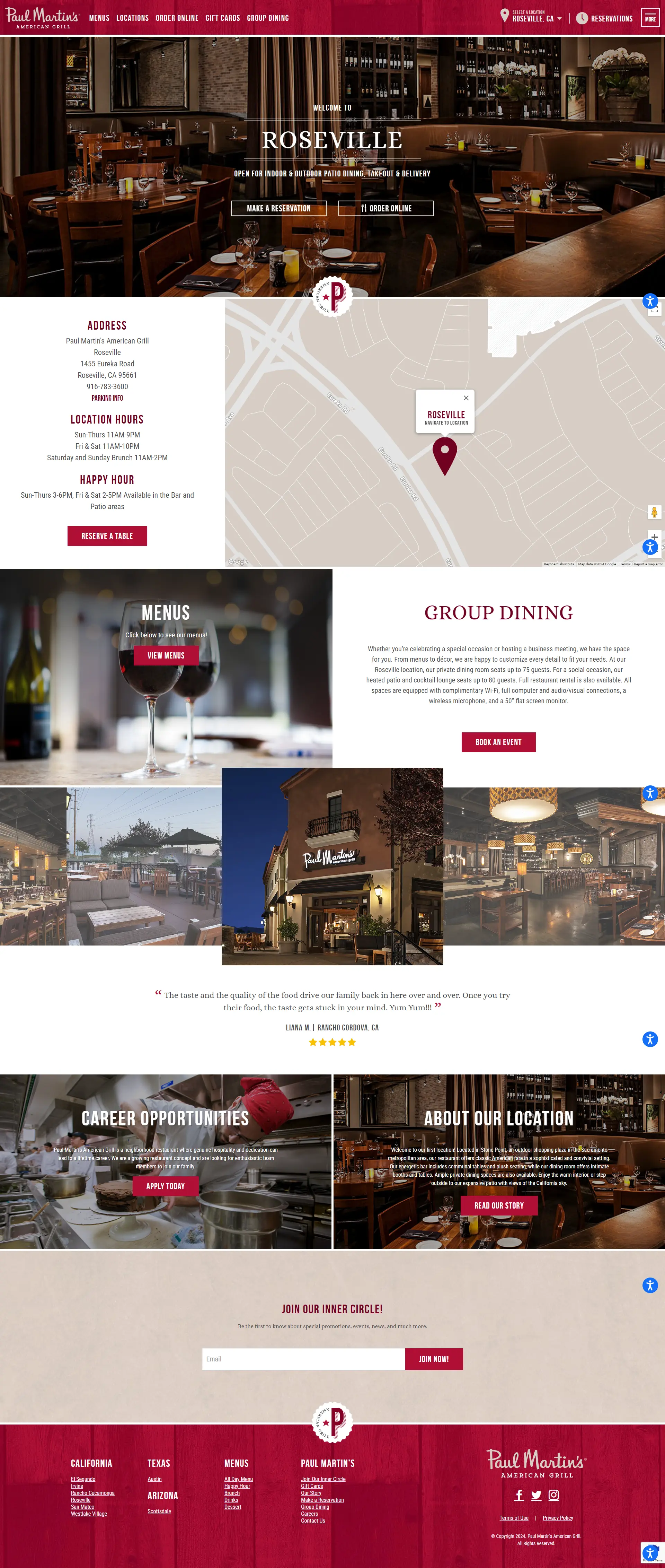Real estate marketing is witnessing a dynamic shift towards innovative strategies that promise enhanced outreach, engagement, and conversion rates.
Among these modern approaches, Pay-Per-Click (PPC) advertising emerges as a transformative tool for real estate professionals striving to propel their businesses to new heights.

PPC Advantages
The allure of PPC lies in its promise of tangible outcomes, where advertisers only pay for actual engagement. This stands in stark contrast to traditional marketing methods, where payment is made upfront regardless of performance. With PPC, payment is triggered only when an ad is clicked, making it a cost-effective means of driving quality traffic to websites. Additionally, the transparent nature of PPC allows for precise tracking of clicks and conversions, providing a clear return on investment.
Furthermore, PPC offers unparalleled targeting capabilities, enabling advertisers to tailor their campaigns to specific demographics, locations, and devices. Unlike Search Engine Optimization (SEO), which often demands time to establish authority and rankings, PPC offers a swifter route to visibility. It’s worth noting that PPC and SEO are not mutually exclusive but rather complementary strategies, with the potential to synergize and amplify online presence, thus fostering valuable leads and conversions.
Strategic Keyword Utilization
The cornerstone of a successful PPC campaign lies in selecting the right keywords to reach the intended audience effectively. Understanding the buyer’s journey and their search behaviors is crucial in pinpointing relevant keywords. Localized keywords play a pivotal role in targeting specific geographic areas and attracting pertinent leads within the agent’s market. By incorporating city names or neighborhood terms into PPC campaigns, advertisers can localize their efforts and boost effectiveness. Geo-targeting further refines audience targeting, ensuring ads are served to the right individuals at the right time.
Moreover, analyzing the cost per click (CPC) and competition level for each keyword is imperative in devising a robust PPC keyword strategy. Achieving a favorable balance between these factors is essential for optimal campaign performance.

Emphasizing Ad Quality
Success in PPC transcends mere numbers and budgets; it hinges on the quality of ads. Crafting compelling ad copy that succinctly conveys the unique selling points of real estate offerings is paramount. Tailoring messaging to resonate with the target audience and prompt action is essential. Equally crucial is optimizing landing pages to align seamlessly with ad content, thus ensuring a cohesive user journey from click to conversion. Engaging visuals, relevant content, and clear calls-to-action are instrumental in capturing attention and driving action.

Vigilant Monitoring and Tracking
Regular monitoring of key performance indicators (KPIs) empowers real estate professionals to make informed decisions and optimize campaigns for maximum ROI. Tracking metrics such as click-through rates (CTR), conversion rates, and cost per acquisition (CPA) allows for swift assessment of campaign performance and facilitates necessary adjustments. Armed with actionable insights, advertisers can allocate budgets wisely, refine keyword targeting, tailor ad creatives, and segment audiences effectively.
Summary
In conclusion, PPC isn’t about casting a wide net; it’s about precision targeting and strategic optimization. With its ability to reach specific audiences, track performance in real time, and drive data-driven optimizations, PPC emerges as a cornerstone of a comprehensive marketing strategy. When strategically integrated with other marketing tactics, PPC has the potential to elevate real estate businesses and fuel growth.














